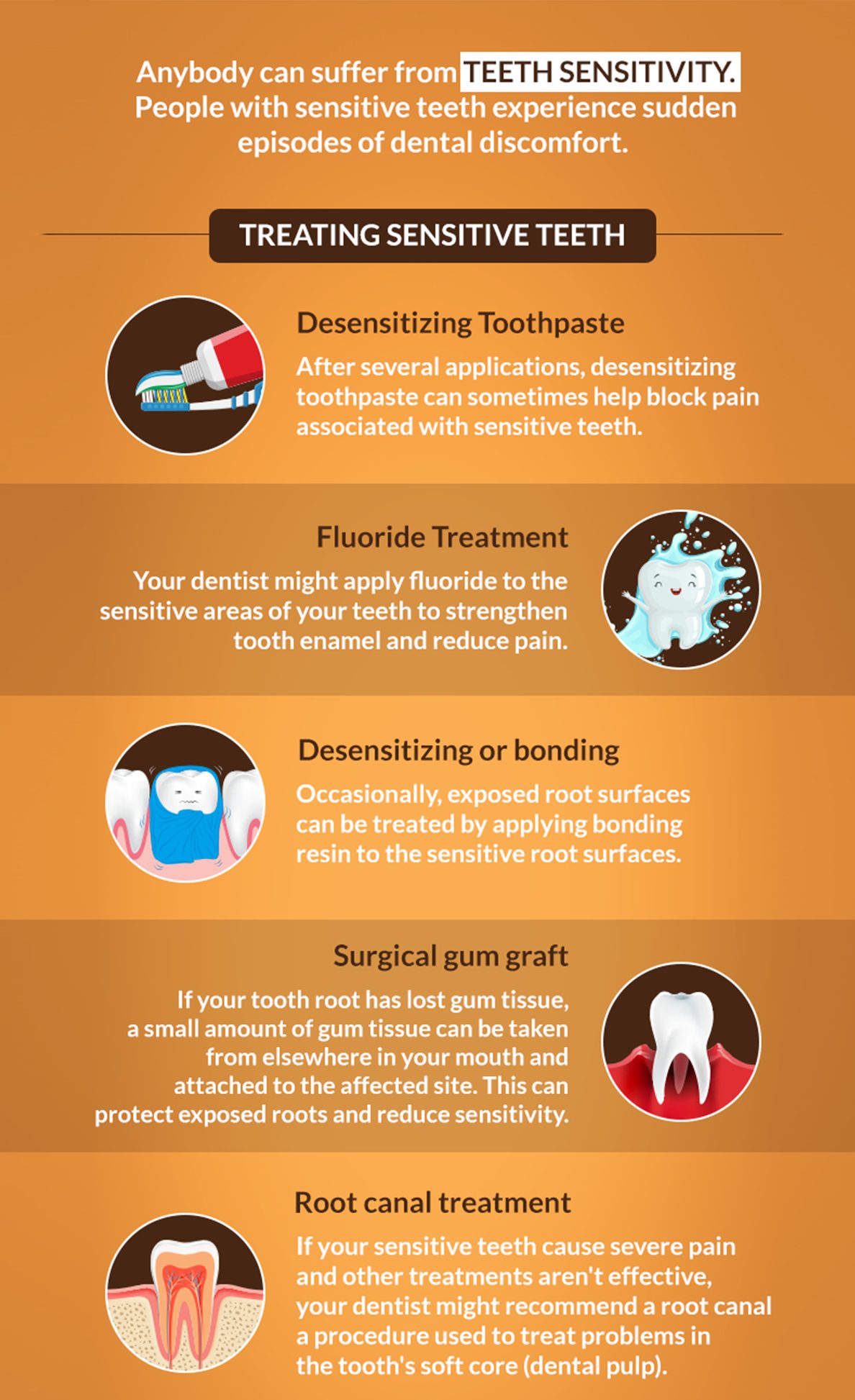
Tooth sensitivity may be common, but it is not healthy. According to www.mouthhealthy.org: “In healthy teeth, a layer of enamel protects the crowns of your teeth – the part above the gumline. Under the gumline a layer called cementum protects the tooth root. Underneath both the enamel and cementum is dentin. Dentin is less dense than enamel and cementum and contains microscopic tubules (small hollow tubes or canals). When dentin loses its protective cover of enamel, these tubules allow heat and cold or acidic or sticky foods to reach the nerves and cells inside the tooth. It may also be exposed when gums recede, resulting in hypersensitivity.
Possible causes of tooth sensitivity

- Tooth decay (cavities)
- Fractured teeth
- Worn fillings
- Gum disease
- Worn tooth enamel
- Exposed tooth root
The good news is sensitive teeth can be treated. At C R Dental Group, Dr. James Reisman and Dr. Jordana Contrucci emphasize the importance of regular dental visits.
Depending on the cause and severity of sensitive-tooth pain, your dentist may choose one of the following treatment options:
Treating tooth sensitivity

- Desensitizing toothpaste
- Fluoride gel
- Bonding, inlay or crown
- Surgical gum graft
- Root canal
As important as thorough home care is, without regular dental checkups, dental issues can go undetected. Left untreated they have the potential of creating larger, more expensive problems. Tell your dentist about any oral health concerns you may have. As with most things, the earlier you diagnose a problem, the easier it is to treat and, typically, a lot less costly.